Shopping App Temu Is ‘Dangerous Malware,’ Spying On Your Texts, Lawsuit Claims
I don’t know this is true, but I feel that it’s true.
Shopping App Temu Is ‘Dangerous Malware,’ Spying On Your Texts, Lawsuit Claims
I don’t know this is true, but I feel that it’s true.
I think it's time I say publicly what I've been thinking privately for months: unless something drastic changes in the next few months, I'm voting for RFK.
I've told a few select people, each time as something of a 'coming out.' Predictably, this inspires the derision and mockery you'd expect, and far more from liberals than conservatives.
My followup question is always this: have you actually heard RFK speak for a full interview, unedited? Or have you made up your mind simply based on what you've heard other people say about him?
A few weeks ago, I listened to an episode of the New Yorker Radio Hour titled
'Robert F. Kennedy, Jr., Could Swing the Election. Who should Be More Worried—Biden or Trump?' I challenge you to listen to the first ten minutes. Listen to the tone of the hosts, the condescension with which they talk about him. He was once a drug addict! He owns up to cheating on his wives! He'll steal votes from Biden!
Once you listen, do you still trust his coverage in the media? Can you hear the fear in their voices? Fear that he will somehow pull enough votes away from Biden to guarantee Trump a win?
As far as I'm concerned, my vote comes down to this issue: corporate rule. RFK is the only candidate consistently speaking out about the role of corporations in our politics. It is the issue that undergirds all others in our politics. Corporations do not give a shit about democracy, they are designed only to maximize profit for their shareholders. (I am one of those shareholders, so I know how this game works. I have money invested in the market, and I make more money simply by having money invested — it's that simple. Do I labor for that money? Nope.)
Whether its Biden or Trump, corporations are donating millions to each campaign, hoping for favorable laws and regulations, tax breaks, etc. All in service of making more money…and making people like me, their shareholders, wealthier. This is the engine of inequality.
Again: corporations do not care about democracy. They only care about electing the candidate most likely to increase their profits.
This cycle must be broken.
I don't care about RFK's thoughts on vaccines, just as I don't think it's wise to vote based solely on a small-scope issue like abortion. Does it seems strange to me that we give infants ever-increasing numbers of vaccines shortly after birth, even for diseases that are sexually-transmitted (and thus presumably won't need for at least 15 years)? Yes. Do I think the National Childhood Vaccine Injury Act, passed in 1986 and which eliminates financial liability of vaccine manufacturers, is suspiciously in favor of large pharmeceutical corporations? Yes. Not that I don't understand why the law was passed — to incentivize said corporations and companies to research life-saving vaccines, many of which have been a tremendous net-positive for our culture! But both things can be true. Good intentions can also increase corporate profit.
Am I onboard with everything RFK thinks or says? No. But I've listened to hours of his interviews and I think he's mostly cogent, clear-headed, and equanimious.
I encourage you to listen, in full, to some RFK interviews:
'Robert F. Kennedy, Jr., Isn't Going Away' on The New Yorker Radio Hour
Robert Kennedy, Jr. on The Sage Steele Show
Robert Kennedy, Jr. on The Joe Rogan Experience
Robert Kennedy, Jr. on MSNBC
After Biden's performance at the debate last night, I cannot fathom how anyone can in good conscience vote for him. And let's be honest: they can't. They're merely voting against Trump.
We live in a time when our political opinions cost us relationships. I won't pretend I'm not angry or bitter about having lost several myself, but I will not let the fear of losing even more due to my political opinions keep me from speaking my mind.
Do I agree with everything RFK says? One more time: no, I do not.
But at this point, do I think he's the best candidate in the race? I do.
Biden’s Shaky Debate Performance Has Democrats Panicking
If there's one impulse I find irresistible, it's the impulse to say "I told you so."
But maybe today's the day I kick the habit.
Yeah, today's the day.
The history of redlining in American cities is both horrifying and fascinating, the legacy of which is still prevalent today.
Sam Altman Was Bending the World to His Will Long Before OpenAI
A followup to my recent post about Mr. Altman.
Awesome.

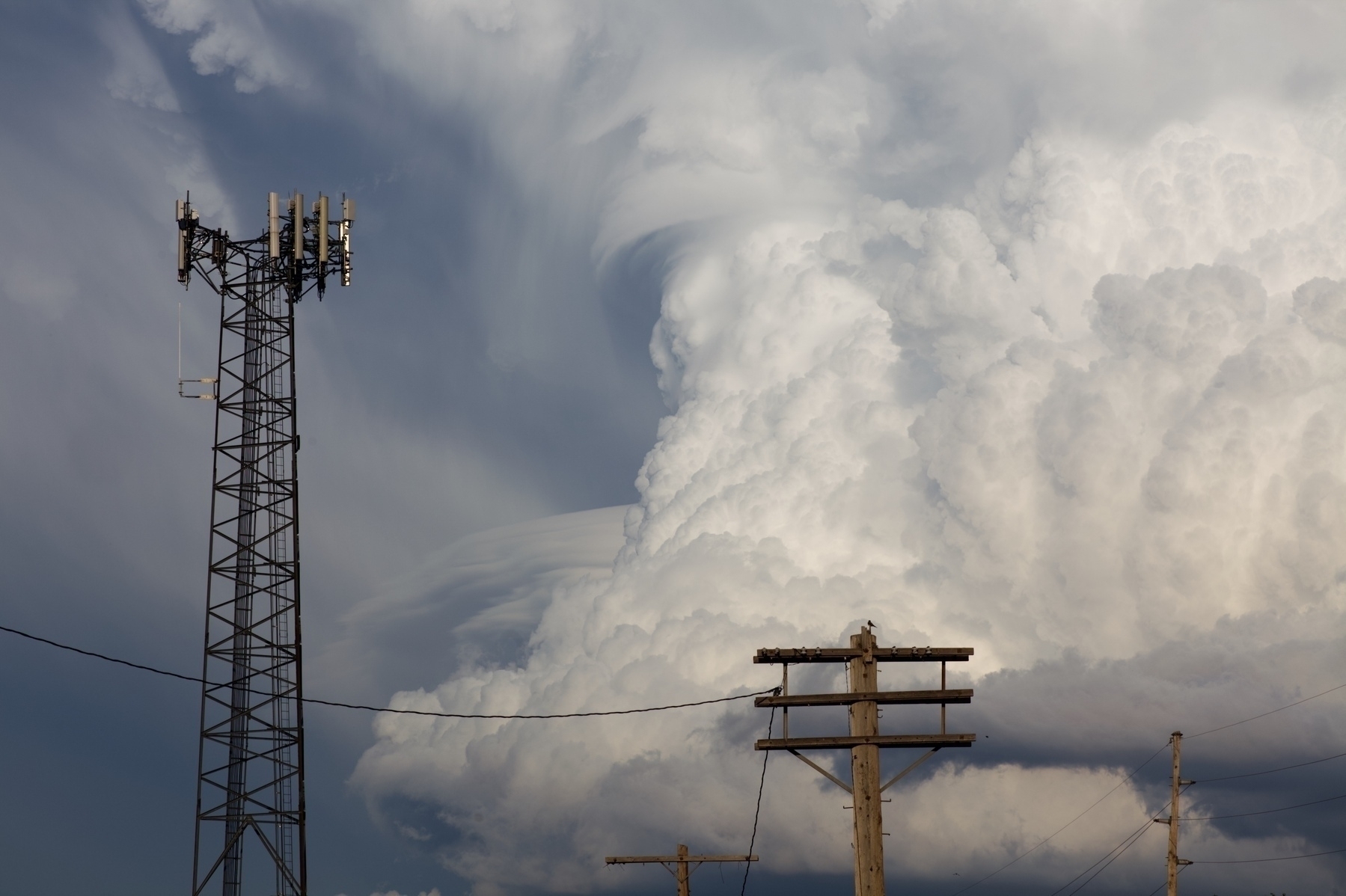

Why Your Wi-Fi Router Doubles as an Apple AirTag
Researchers from the University of Maryland say they relied on publicly available data from Apple to track the location of billions of devices globally — including non-Apple devices like Starlink systems — and found they could use this data to monitor the destruction of Gaza, as well as the movements and in many cases identities of Russian and Ukrainian troops.
At issue is the way that Apple collects and publicly shares information about the precise location of all Wi-Fi access points seen by its devices. Apple collects this location data to give Apple devices a crowdsourced, low-power alternative to constantly requesting global positioning system (GPS) coordinates.

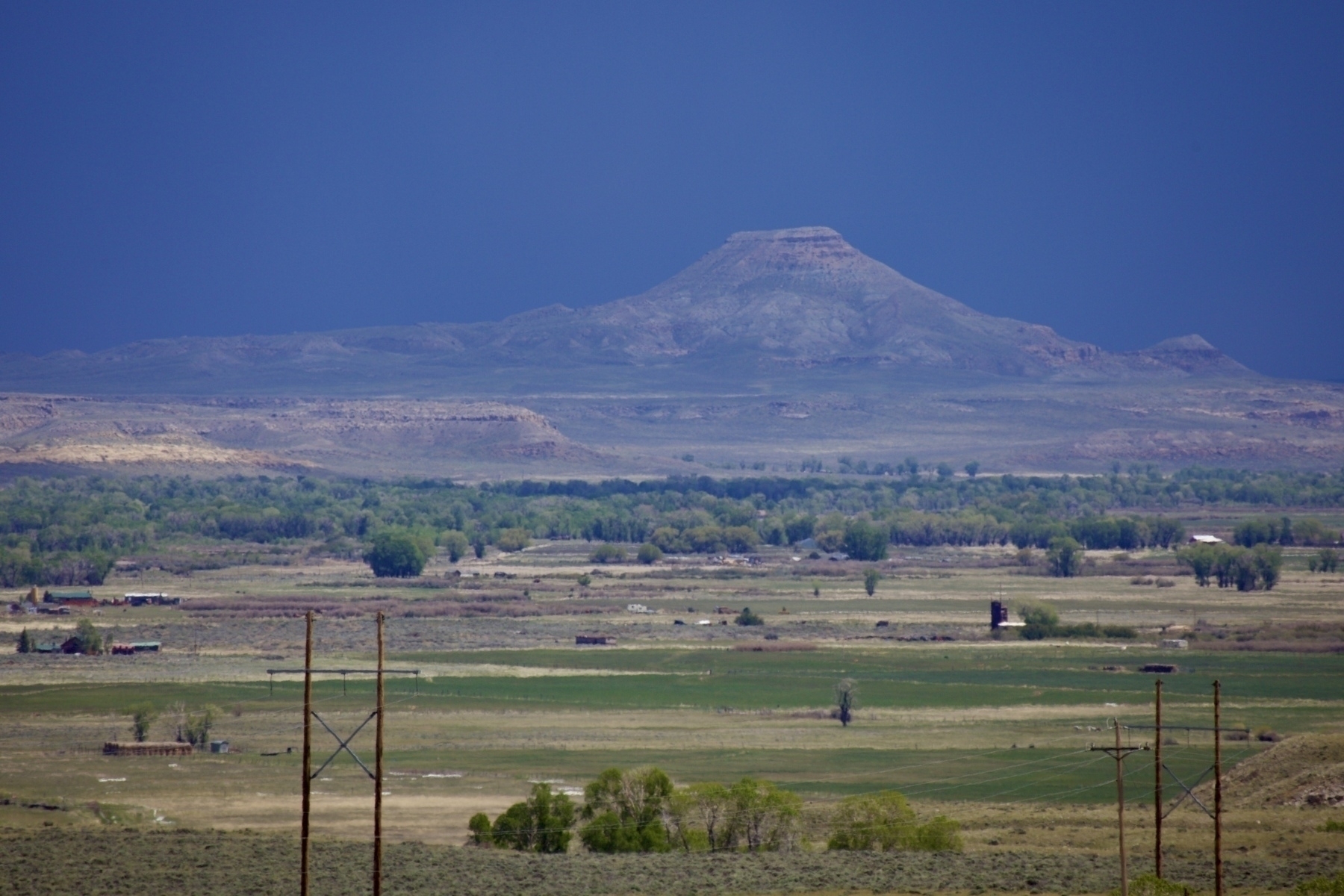
Before OpenAI, Sam Altman was fired from Y Combinator by his mentor
Though a revered tactician and chooser of promising start-ups, Altman had developed a reputation for favoring personal priorities over official duties and for an absenteeism that rankled his peers and some of the start-ups he was supposed to nurture, said two of the people, as well as an additional person, all of whom spoke on the condition of anonymity to candidly describe private deliberations. The largest of those priorities was his intense focus on growing OpenAI, which he saw as his life’s mission, one person said.
A separate concern, unrelated to his initial firing, was that Altman personally invested in start-ups he discovered through the incubator using a fund he created with his brother Jack — a kind of double-dipping for personal enrichment that was practiced by other founders and later limited by the organization.
“It was the school of loose management that is all about prioritizing what’s in it for me,” said one of the people.
I only now learned about this from Helen Toner's newly-released interview about Altman's firing from OpenAI in November. From The Verge:
Toner says that one reason the board stopped trusting Altman was his failure to tell the board that he owned the OpenAI Startup Fund; another was how he gave inaccurate info about the company’s safety processes “on multiple occasions.” Additionally, Toner says she was personally targeted by the CEO after she published a research paper that angered him. “Sam started lying to other board members in order to try and push me off the board,” she says.
After two executives spoke directly to the board about their own experiences with Altman, describing a toxic atmosphere at OpenAI, accusing him of “psychological abuse,” and providing evidence of Altman “lying and being manipulative in different situations,” the board finally made its move.
Perhaps not the guy we want in charge of safety at one of the largest AI companies, given that the employees in charge of safety have been leaving in droves. From Vox:
If you’ve been following the saga on social media, you might think OpenAI secretly made a huge technological breakthrough. The meme “What did Ilya see?” speculates that Sutskever, the former chief scientist, left because he saw something horrifying, like an AI system that could destroy humanity.
But the real answer may have less to do with pessimism about technology and more to do with pessimism about humans — and one human in particular: Altman. According to sources familiar with the company, safety-minded employees have lost faith in him.
“It’s a process of trust collapsing bit by bit, like dominoes falling one by one,” a person with inside knowledge of the company told me, speaking on condition of anonymity.
Not many employees are willing to speak about this publicly. That’s partly because OpenAI is known for getting its workers to sign offboarding agreements with non-disparagement provisions upon leaving. If you refuse to sign one, you give up your equity in the company, which means you potentially lose out on millions of dollars.
Just what we want: an artificial intelligence company motivated by profit that creates something truly dangerous and disruptive, run by a guy like Altman.
Here are two fun excerpts from his Wikipedia page:
He is an apocalypse preparer. Altman said in 2016: "I have guns, gold, potassium iodide, antibiotics, batteries, water, gas masks from the Israel Defense Forces, and a big patch of land in Big Sur I can fly to."
and
In 2021, Altman's sister Annie wrote on Twitter accusing Sam of "sexual, physical, emotional, verbal, and financial abuse".
To wake up early—earlier the dogs and cats—and sip my morning coffee. To sit quietly with friends, unafraid of the silence. Plenty of warm showers and hot springs. A few old Star Wars toys laying around—cheap pieces of plastic that bring me joy. Spirited conversation, sometimes political.
A home in a quiet town, away from the noise of the culture. A place to retreat to retreat to when everything else becomes too much — the din of relations, the screeches of polity, the frantic need to make money.
A table, preferably in the garage, upon which to make models. Trains, ships, planes... little things to glue and paint while deep in thought. A garden with wild sprinklers.
Books, but not too many. Too many can erode my focus.
A home near the mountains, visible from my window. The promise of an adventure, of a journey into the great interior. Capable hiking boots — the kind that can take me anywhere. A mechanic or two as kind and thoughtful and thorough as those I now have.
Companionship, but not too much of it. Too much can erode my focus.
Neighbors that talk politics. Neighbors that bring over vegetables. Neighbors that play with my dogs.
Dogs. Many, many dogs.
A tent at the edge of things, from which I can look down and observe. Too close and my sanity frays, but from a tent on the edge of things, I can have space to make sense of it all.
The grace to forgive those I do not understand.
The grace to forgive myself.
Past reads: Toward the Queerest Insurrection by The Mary Nardini Gang 📚
What a bunch of gibberish nonsense.
I used to find this stuff appealing, but now I think it to be tantamount to nihilism.


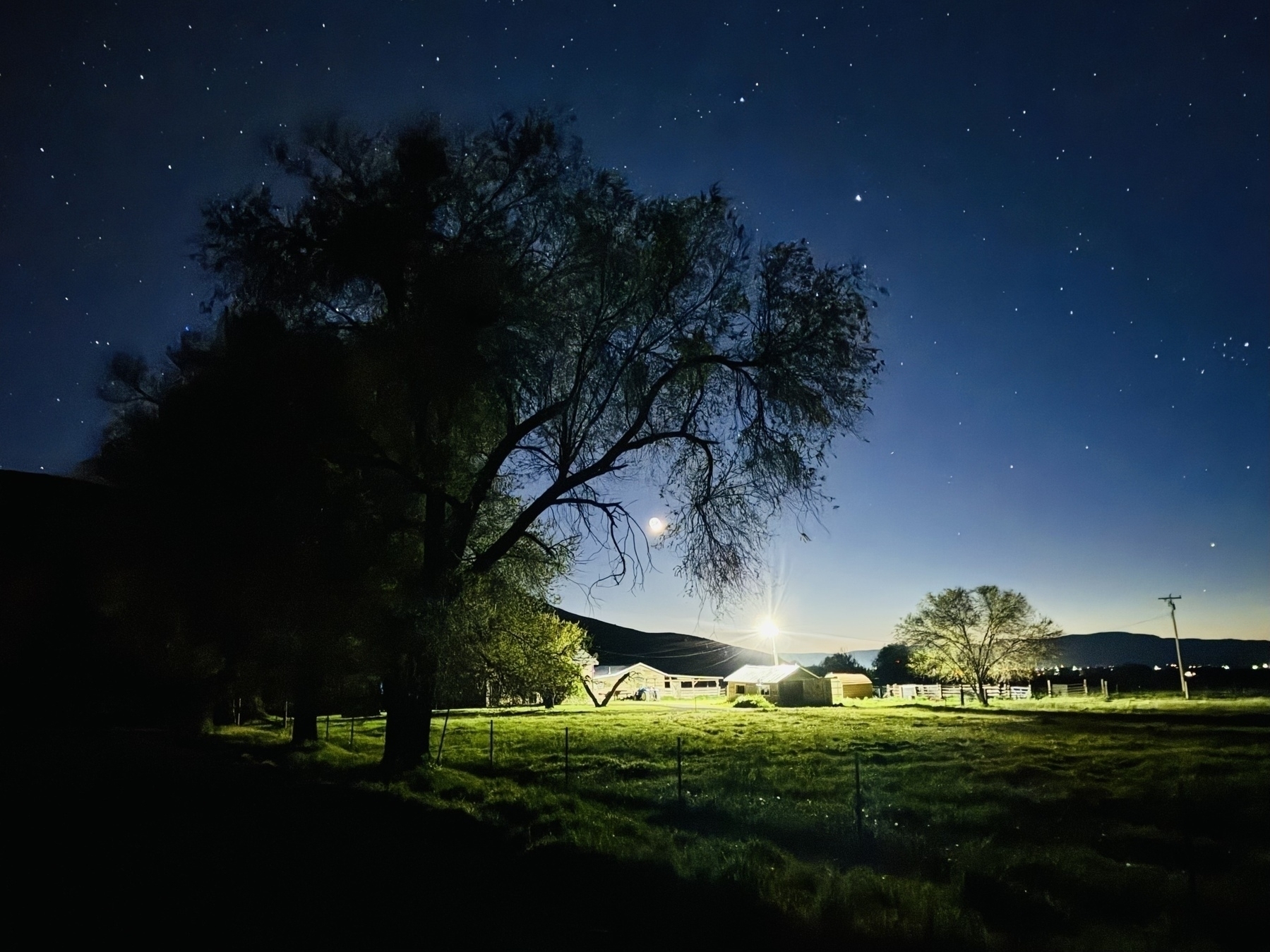
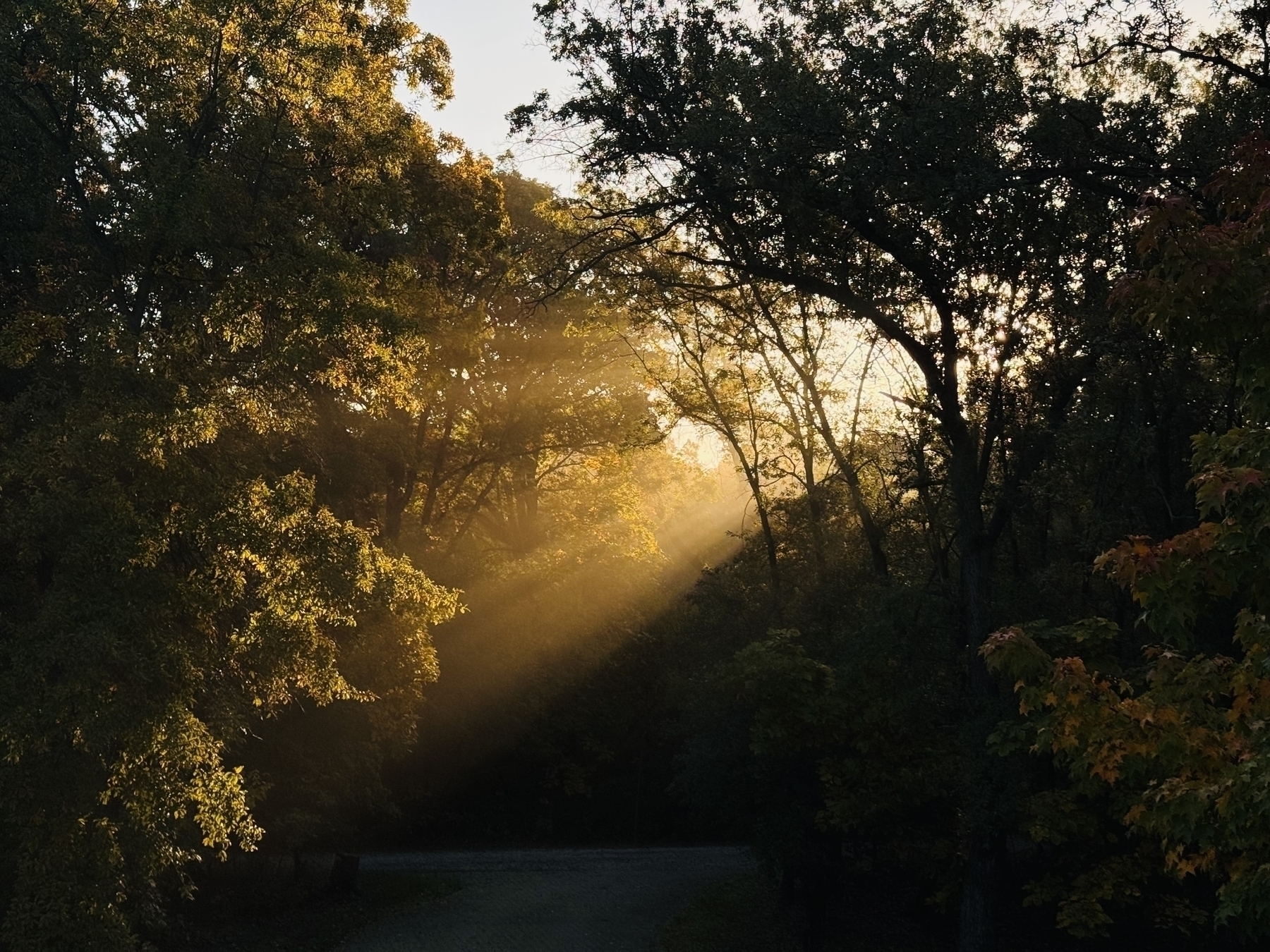

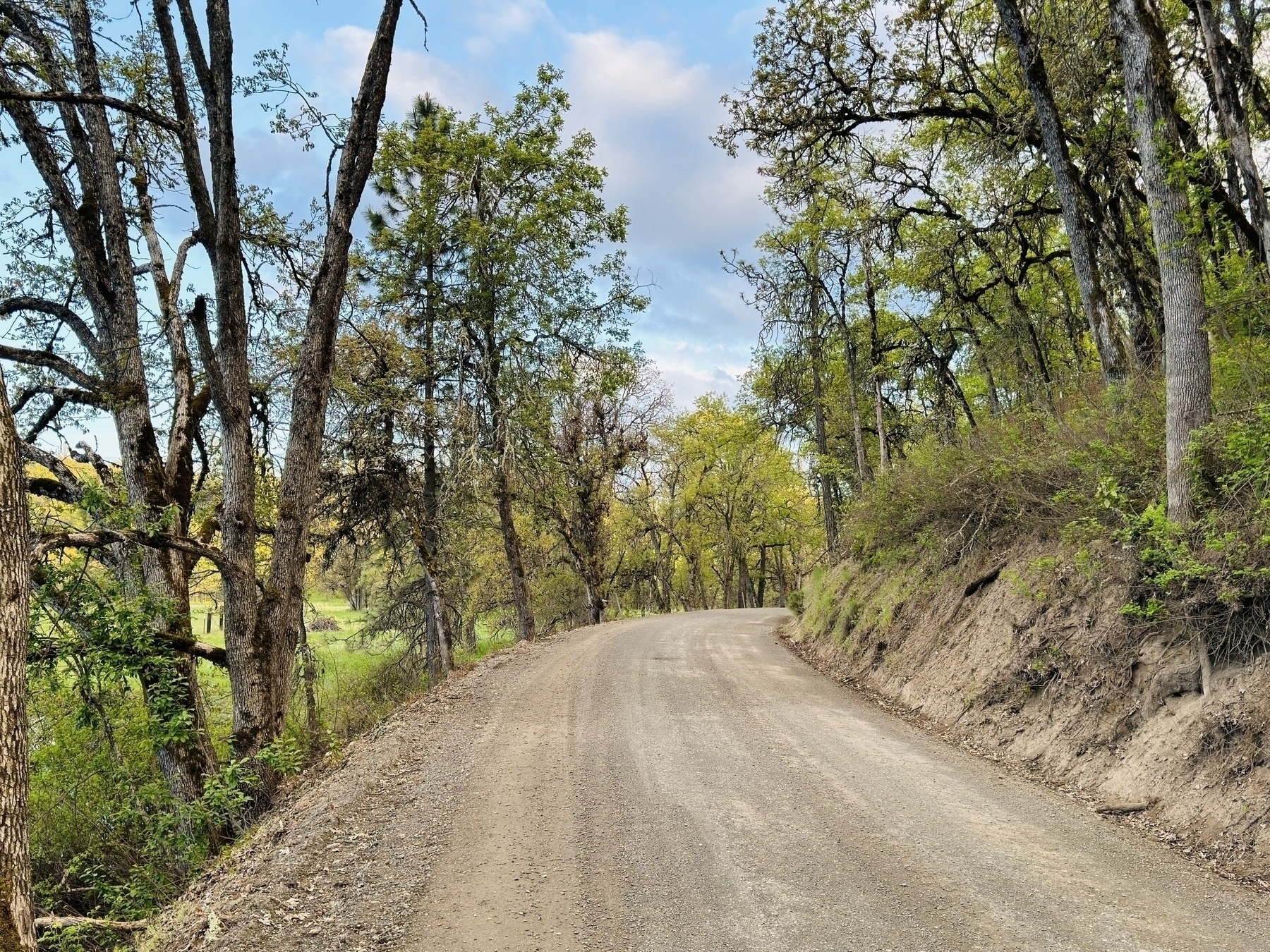
Cops can force suspect to unlock phone with thumbprint, US court rules
The US Constitution's Fifth Amendment protection against self-incrimination does not prohibit police officers from forcing a suspect to unlock a phone with a thumbprint scan, a federal appeals court ruled yesterday. The ruling does not apply to all cases in which biometrics are used to unlock an electronic device but is a significant decision in an unsettled area of the law.
More important than ever:
How to quickly disable Face ID and Touch ID on iPhone (and iPad)
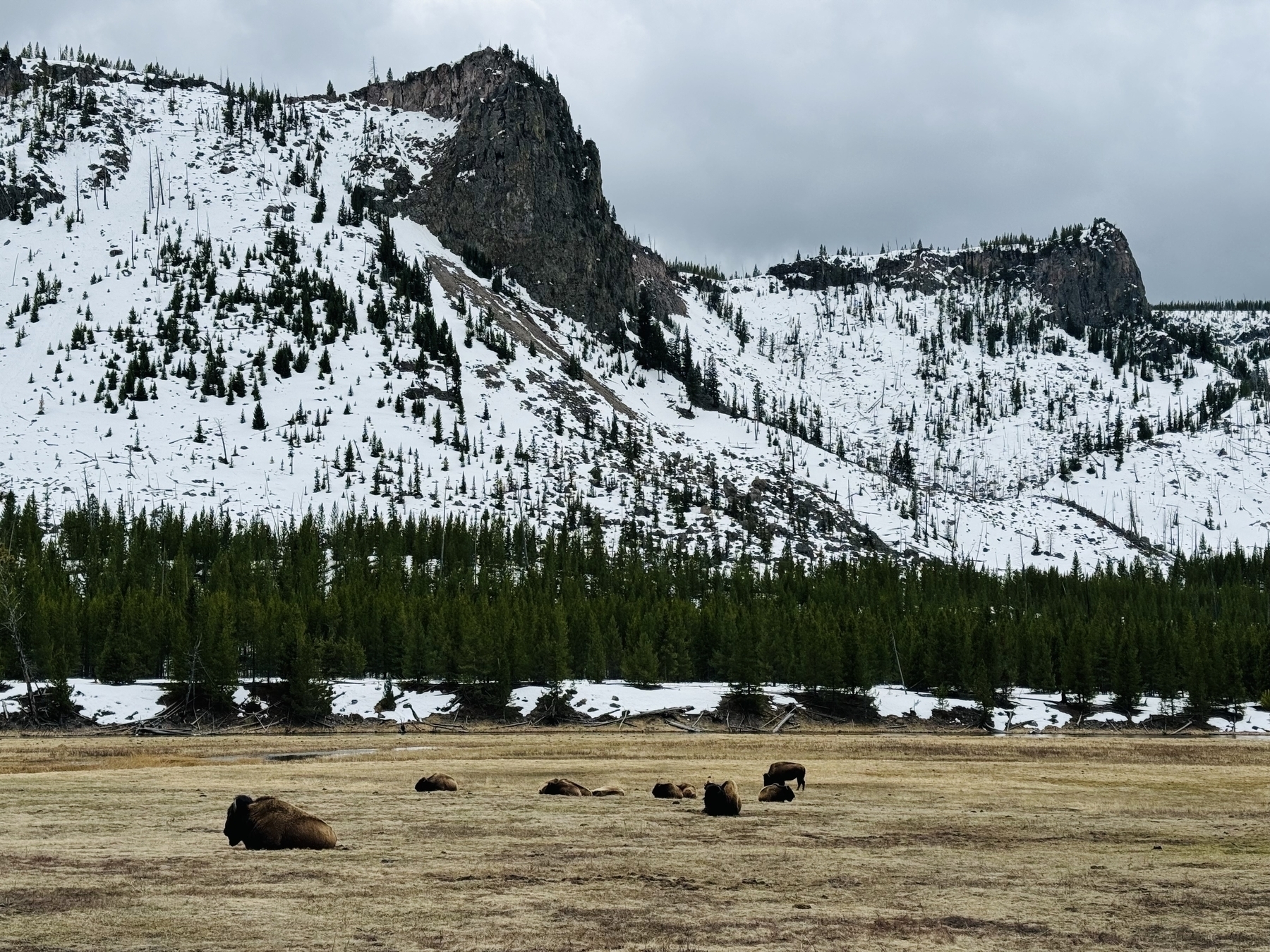
Grindr’s Plan to Squeeze Its Users
Grindr plans to boost revenue by monetizing the app more aggressively, putting previously free features behind a paywall, and rolling out new in-app purchases, employees say. The company is currently working on an AI chatbot that can engage in sexually explicit conversations with users, Platformer has learned. According to employees with knowledge of the project, the bot may train in part on private chats with other human users, pending their consent.
I remember the very early days of Grindr. I had one of the only smartphones in my part of the state, and the nearest fellow user was nearly 250 miles away. Chatting with other gay men was fun and refreshing.
Much has changed in the intervening 15 years. Dating (or hookup) apps have become vast wastelands of algorithmic sameness. People on these apps look, act, talk, and behave in eerily similar ways, not unlike how every young person now dresses like an "influencer." (I refuse to use that word without quotation marks.)
These apps gave us corrosion sold as connection. I'm reminded of David Foster Wallace's thoughts on entertainment, about always wondering what's on the other channel, wondering if there's something better to be watching. Shopping around (because that's precisely what these apps are: shopping) is so damn easy.
Contentment is hard when you think there's always something better just around the corner.